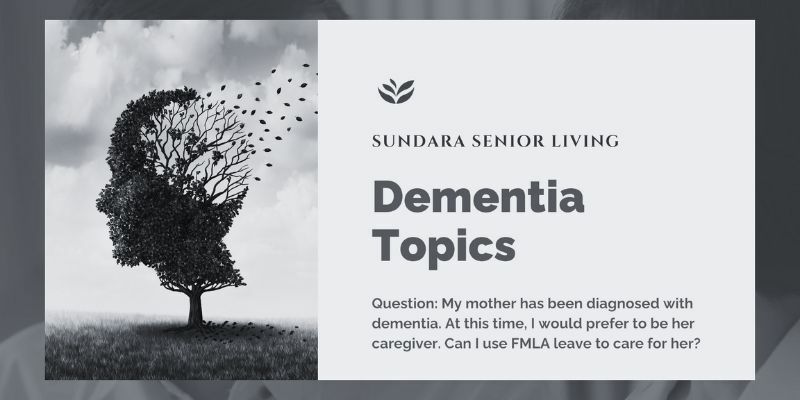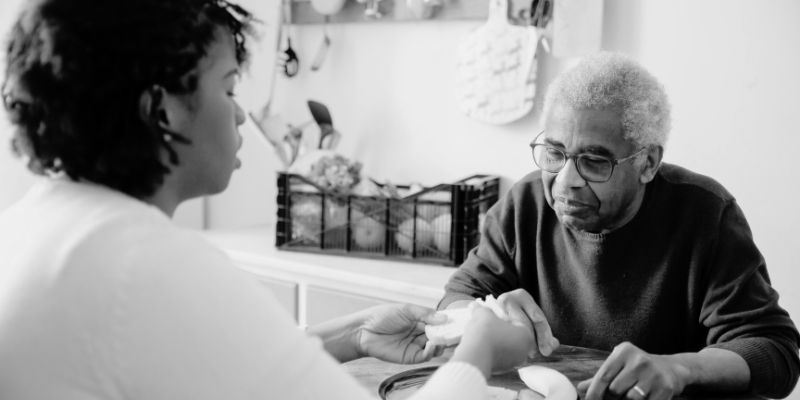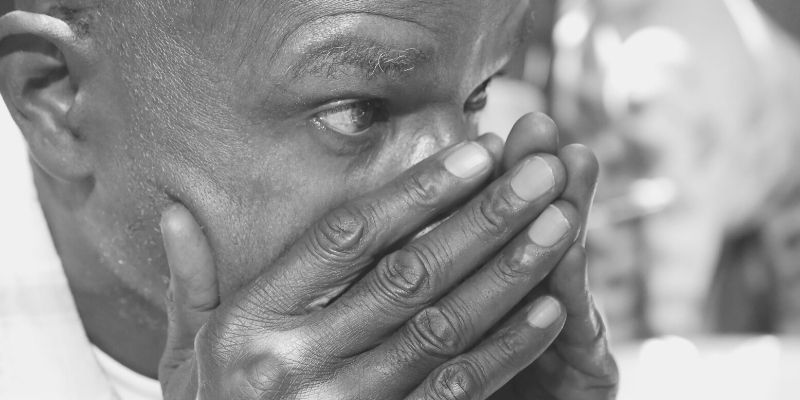As their primary caregiver, you offer endless love, support, and care to your loved one with dementia. You’re their source of comfort—always there...


As their primary caregiver, you offer endless love, support, and care to your loved one with dementia. You’re their source of comfort—always there...

Do you have a loved one, or have you recently been diagnosed with a type of dementia? Like with any illness, one of your first questions may be,...

Can you use FMLA leave to care for a precious family member with dementia? Here are some resources that can help achieve better care for your loved ones.

Summertime in Texas can be brutal. Even those of us who are native to Central Texas can struggle to handle the merciless heat. The unceasing 100+...

While there’s no cure for dementia, there are things you can do to make your loved one as happy and comfortable as possible. Despite their diagnosis, they still have time left, maybe many years, so you should do everything you can to help them live well.

Fifty years ago, psychologist Herbert J. Freudenberger studied and summed up the symptoms of chronic fatigue in medical and caregiving professions with the term burnout. He described it as a “state of mental and physical exhaustion caused by one’s professional life.”

When we notice changes in our loved one’s behavior and increased forgetfulness it can feel alarming and overwhelming, even if we feel we have prepared ourselves for this moment. What do I do now? Who can I turn to in my area?

Lately you’ve noticed that you’ve been misplacing items or have been a little more forgetful than usual. Are you just getting older? Or is it dementia?